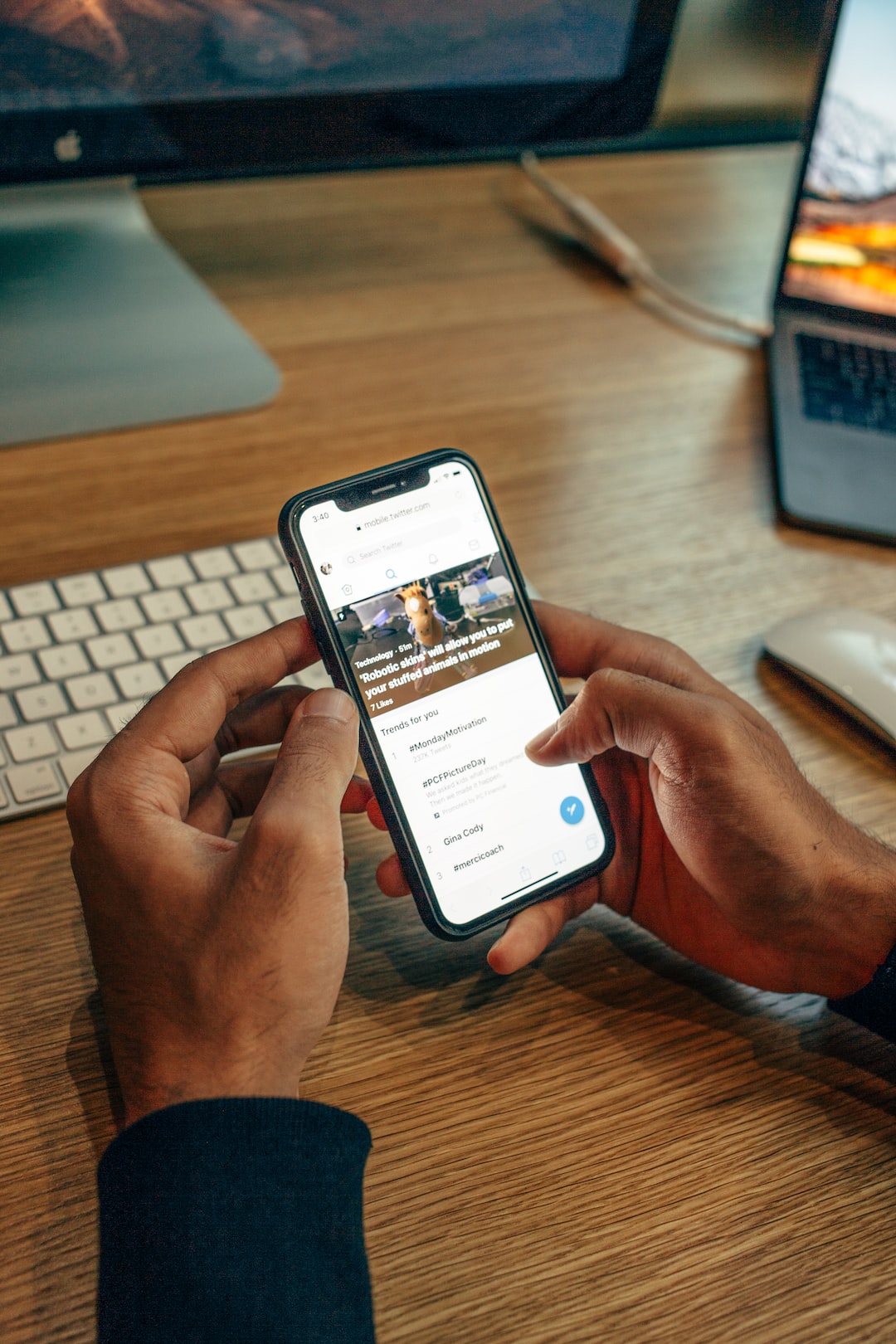In today’s tech-savvy world, media literacy has become more important than ever before. With the widespread use of social media and the internet, we are constantly bombarded with information from various sources. While access to information is certainly a great advantage, it also poses a challenge – how to navigate the digital world with critical thinking.
Media literacy refers to the ability to access, evaluate, and interpret information from various media sources. It involves understanding the platforms through which information is delivered, recognizing biases or manipulations, and analyzing the credibility and reliability of the content. Media literacy equips individuals with the necessary skills to make informed decisions and form their own opinions.
One of the key aspects of media literacy is critical thinking. Critical thinking involves examining information objectively, questioning assumptions, and analyzing the evidence provided. In the digital world, where fake news and misinformation are prevalent, critical thinking allows us to discern between fact and fiction. It enables us to distinguish reliable sources from unreliable ones, ensuring that we do not fall prey to misinformation and spread false information to others.
As responsible digital citizens, it is crucial for us to be media literate and approach information with a critical mindset. Media messages often have an agenda or a specific perspective, and it is essential to recognize this and question the underlying motives. By analyzing the source, the timing, and the bias of the content, we can determine its reliability and authenticity.
Another important aspect of media literacy is understanding the power of algorithms and filter bubbles. Algorithms used by social media platforms tailor our online experience by showing us content based on our previous interactions and preferences. While this creates a personalized experience, it also means that we are often exposed to viewpoints that align with our own, reinforcing our existing beliefs. To navigate the digital world effectively, we must be aware of this algorithmic filter and consciously seek out diverse perspectives.
Being media literate also requires us to be savvy consumers of media. We need to be mindful of the images and messages portrayed in advertisements and be critical of the values they promote. Media literacy empowers us to question stereotypes, challenge discrimination, and ensure that the media we consume reflects diverse perspectives and voices.
In conclusion, media literacy is a vital skill that enables us to navigate the digital world with critical thinking. It equips us with the tools to evaluate the credibility and reliability of information, recognize biases, and understand the power of algorithms and filter bubbles. By being media literate, we can actively engage with media, form our own opinions based on evidence, and be responsible digital citizens. In an era where information is abundant but often distorted, media literacy is the key to making informed decisions and contributing to a more balanced and inclusive digital landscape.
